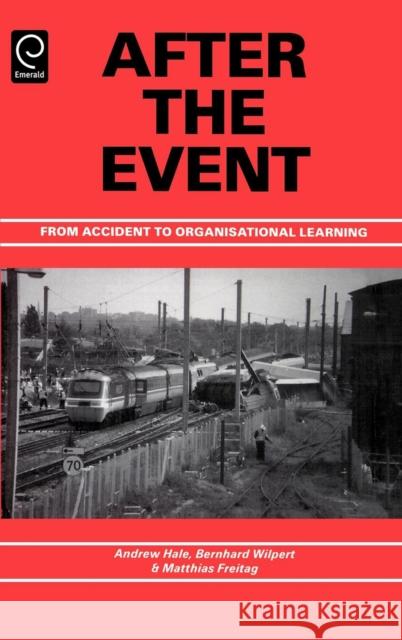After the Event: From Accident to Organisational Learning » książka
After the Event: From Accident to Organisational Learning
ISBN-13: 9780080430744 / Angielski / Twarda / 1998 / 268 str.
This is a multi-authored volume addressing the topical subjects of event analysis and the learning organisation within the context of safety management systems. When an accident occurs, we respond in a number of ways: we look for someone to blame, we try to understand why it happened, we seek to learn and take precautions for the future and we may breathe a sigh of relief and try to forget the accident as quickly as possible. This book is about how to manage these various responses to an accident. It addresses the question of how to manage the stages of learning from disasters and other accidents and of: how data could be collected and analysed to derive the lessons; and how far the different and conflicting objectives of judicial procedures and organisational learning could be reconciled. In the past decade, the issue of organisational shortcomings has emerged as a central focus, but there have been few, if any, proven techniques or management systems for coping with such issues. We are still discovering how to ensure organisations learn and change when faced with accidents. At a wider level, we need to address how society learns, how to regulate industry, how to co-ordinate the activities of the many various people responsible for safety within given contexts (e.g. within transport networks). We must take necessary action, but avoid knee-jerk, expensive and ineffective reactions fuelled by the heat of emotions.











